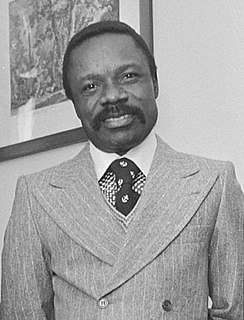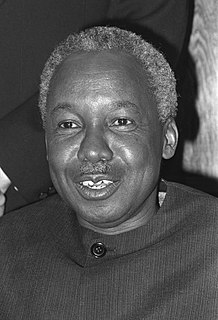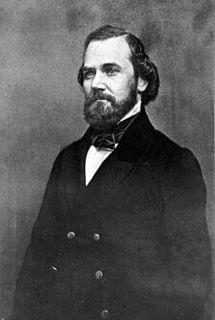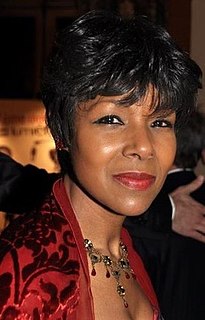A Quote by Omar Bongo
It is up to African leaders to show their will and political courage in order to assure that this new pan-African institution becomes an efficient instrument and not a place for endless discussions.
Related Quotes
We know that the African regimes, many African regimes have failed their people and many Africans want regime change, and there are a lot of African leaders who make promises but don't carry them out. I mean, the progress - I mean, it is noble for the rich countries to help Africa, but then the question is: What are African leaders themselves doing to help their own people?
Unity will not make us rich, but it can make it difficult for Africa and the African peoples to be disregarded and humiliated. And it will, therefore, increase the effectiveness of the decisions we make and try to implement for our development. My generation led Africa to political freedom. The current generation of leaders and peoples of Africa must pick up the flickering torch of African freedom, refuel it with their enthusiasm and determination, and carry it forward.
One of the things that made the Black Muslim movement grow was its emphasis upon things African. This was the secret to the growth of the Black Muslim movement. African blood, African origin, African culture, African ties. And you'd be surprised - we discovered that deep within the subconscious of the black man in this country, he is still more African than he is American.
When African-Americans come to France, the French show them more consideration than they would show an African or a Black Caribbean. When African-Americans come to France, the French people are like, 'Oh, wow. Oh my God.' But if it's an African, they're like, 'Whatever.' It's all because of the past, because of our history.
What moved us was not so much what would it do for South Africa, but there has been a great keenness on the Continent that the location of the Pan African Parliament must add to its credibility. And, so we said, fine, it's a contribution to this process of the democratisation of the African Continent.
When Marcus Garvey died in 1940, the role of the British Empire was already being challenged by India and the rising expectations of her African colonies. Marcus Garvey's avocation of African redemption and the restoration of the African state's sovereign political entity in world affairs was still a dream without fulfillment.








































